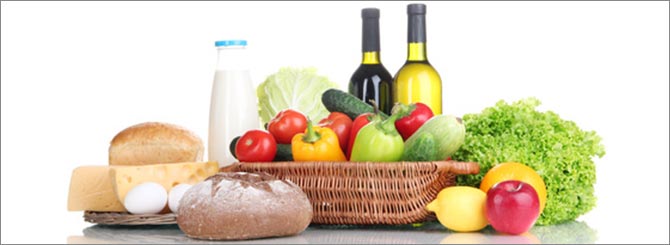Date£º
2014-06-25 11:52 Source£º
winesearcher Author:
Wine-Searcher staff Translator:
Consumers are seeking healthy diet options including lower-alcohol and low-calorie wines.The days of alcohol-heavy wine might be numbered as new research and market demand point towards lighter wines.

A new wine yeast can produce wines with lower alcohol levels, according to the research team that developed it.
The result of collaborative research by Lallemand Oenology and the French National Institute for Agricultural Research (INRA), in Montpellier, France, the new, non-GMO Saccharomyces cerevisiae yeast is capable of producing lower alcohol levels in wine and with no undesirable compounds.
This particular wine yeast is the first in the S. cerevisiae species to be selected for its low rate of sugar to alcohol conversion. For example, in a wine with a potential alcohol level of 15.8 percent, the new wine yeast reduces the alcohol by 1.3 percentage points and compensates by producing more glycerol, which increases the perceived mouthfeel (or softness) of the wine.
The yeast did not produce such compounds as acetoin that may give a wine bad aromas and the acetate level was particularly low during trials.
Wine is seen as being out of step with market trends, as better vine selection and vineyard practices produce wines with increasingly high alcohol levels. However, consumers are pushing for healthier, less-alcoholic and lower carb wines.
Also, since wine is taxed by alcohol level in many countries, it makes economic sense for producers to reduce the strength. High levels of alcohol can also alter the sensory quality of wines by increasing the perception of hotness and by decreasing the perception of acidity and aroma.
Reducing the alcohol content of wine has been a major focus of winemaking research. One of the most attractive and least expensive options is to use yeasts that produce less alcohol from the same amount of sugar, such as this new wine yeast.
Such is the demand for lower-alcohol wines that the New Zealand wine industry is embarking on a seven-year research campaign to get on board the bandwagon.
Almost $14 million is to be spent by the country's wine industry.
New Zealand Winegrowers chief executive, Phillip Gregan said the Lifestyle Wines program would focus on market-led opportunities both in this country and overseas.
"What we are seeing around the world markets is consumers are interested in living healthier lifestyles and part of that is growing interest and concern about what they eat and drink. We are seeing an interest in lower alcohol and calorie wines and this is the genesis of this project."